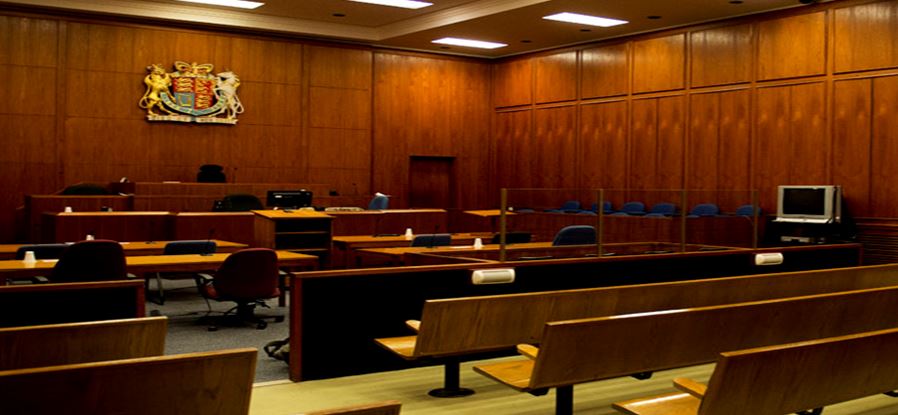A Toronto accountant named Lindsey Morillo made headlines recently when he represented himself in court and won a battle over a 107 km/ph speeding ticket. What made Morillo’s case complicated, and got the attention of the media was that the defendant refused to plead guilty, he was inconsistent, and he made newer claims in the later stage.
Morillo’s speeding ticket case became even more complicated during the time of his retrial. He made a huge mistake by testifying at his second appeal. Furthermore, the Ontario Court of Appeal pointed out the errors made by the judge who presided over Morello’s retrial.
According to the officer, the radar showed that Morillo was driving at a speed of 107 km/h in a zone that had a 70 km/h limit. Morillo did not plead guilty under oath. But it all became too obvious when he made another big mistake. He claimed that he had his eyes on the speedometer while he was driving on Highway 2 near Clarington that same day when he was given a speed ticket.
Reasons why this case is unique.
The justice of the peace had to intervene as this was a brand new claim made by Morillo, and the defendants are not supposed to bring in new evidence at the time of submissions. Also, Morillo had to seek frequent help from the trial justice to phrase questions properly to the witness officer. All these tiny details created confusion and led the bench to cloud up their judgment.
In addition to Morillo’s inconsistency, the trial judge was seated on the fence. The judge could not decide who had greater credibility, the officer or Morillo. She concentrated her focus on this when she was supposed to consider if there was enough evidence to support the charge. Also, Morillo pointed out the inconsistencies in the testimonies of the officer from the previous trials. Although the trial justice considered Morillo’s efforts irrelevant as it was not a rehearing of the old trial, he granted Morillo the right to ask questions regarding the testimonies from the previous trials.
Why he won the case
Considering his legal inexperience, the fact that there wasn’t any clear evidence from the officer, and that he had already undergone two trials, the appeal judge felt that Morillo did not deserve to be put on a third trial. This led to the appointment of amicus curiae (friend of the court) at the Court of Appeal to advise the court on the interest of Morillo without him being represented.

